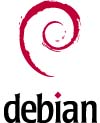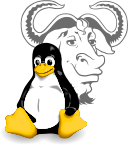
I have installed the basic packages of the XFCE desktop, by typing:
$ sudo apt-get install xfce4
The above command installs some packages that I do not use as: Orage so I typed:
$ sudo apt-get purge orage
...
The following packages will be REMOVED:
orage* xfce4*
...
Do you want to continue[Y/n]? y
P. Now every time I try to install an application apt-get show a message that there are packages that were installed automatically, and which are not required but they are essential packages to keep my desktop running correctly. How to resolve this?
R. You must change the state of those packages from automatic installation to manual installation by typing:
$ sudo apt-mark manual paquete1 paquete2 ...
Further reading
– man apt-mark




